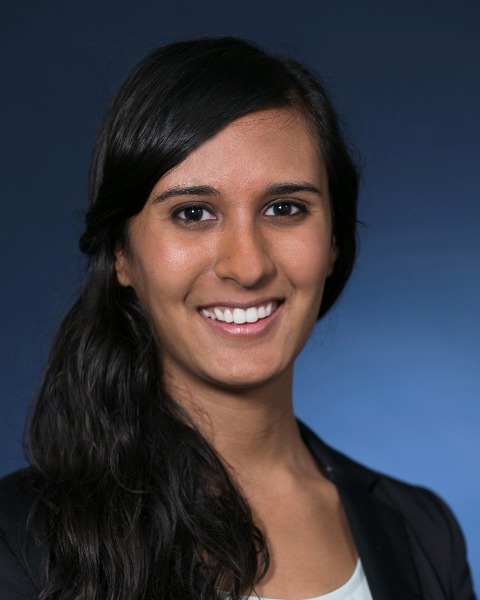Health Equity/Social Determinants of Health
Session: Health Equity/Social Determinants of Health 9
331 - Development of a "Food is Medicine" Health Equity Intervention for Childhood Cancer Survivors
Sunday, May 5, 2024
3:30 PM - 6:00 PM ET
Poster Number: 331
Publication Number: 331.1894
Publication Number: 331.1894

Rahela Aziz-Bose, MD (she/her/hers)
Instructor
Dana-Farber Cancer Institute
Jamaica Plain, Massachusetts, United States
Presenting Author(s)
Background: Childhood cancer survivors (CCS) are 7-times more likely to experience cardiovascular (CV) mortality than peers, and Black CCS are 2-times more likely to experience CV mortality than White CCS. Food insecurity (FI) is independently associated with CV disease and may drive excess risk among marginalized populations. “Food is medicine” interventions improve CV outcomes in primary care but have never been evaluated among CCS, despite high prevalence of both FI and CV disease.
Objective: Pilot a “food is medicine” intervention for CCS to assess quantitative acceptability (consent rate, attrition, intervention component utilization) and qualitative intervention experience (satisfaction, preferred components, timing) for subsequent refinement.
Design/Methods: Single-center convergent mixed-methods pilot of a novel “food is medicine” intervention, Cardiovascular Health Equity through Food (CHEF) which includes: 1) meal-kit delivery providing recipes and ingredients for 3 household meals/week for 3-mos; 2) eligibility screen and assisted application for SNAP/WIC benefits. Participants were < 18yo CCS < 1-yr off-treatment, with household FI or annual household income (AHI) < 200% federal poverty level (FPL). Parents completed (1) baseline and 3mo surveys evaluating meal-kit utilization and SNAP/WIC participation; and (2) qualitative interviews at 1, 2, and 4mo to identify satisfaction, preferred components, and preferred timing. Quantitative data were summarized descriptively; qualitative data were thematically analyzed and will be integrated with quantitative data through narrative weaving.
Results: Ten families consented (100%) to participation, with 0% attrition over 4-mos. Participants were a mean of 9yrs, mean 5mos from end of cancer therapy, with mean AHI 121% FPL. Over 95% of meal-kits were successfully received and >90% of meal-kits cooked. Nine of 10 families (90%) were eligible for SNAP/WIC benefits with 8/9 participating prior to study; 4/9 utilized study team SNAP/WIC assistance. All families were satisfied with the intervention and 80% recommended participation to others. Emergent qualitative themes support use of meal-kits as a “food is medicine” interventional component and ideal timing immediately following treatment; Spanish-language accessibility and provision of kitchen equipment were identified as opportunities for refinement.
Conclusion(s): Our pilot CHEF intervention is salient and acceptable among CCS in early survivorship. Using the ORBIT model of behavioral intervention development, next steps include intervention refinement, then proof-of-concept evaluation of impact on CV-relevant outcomes.
